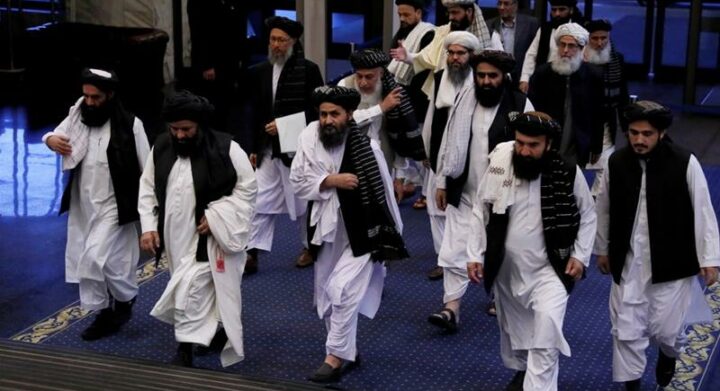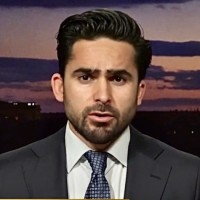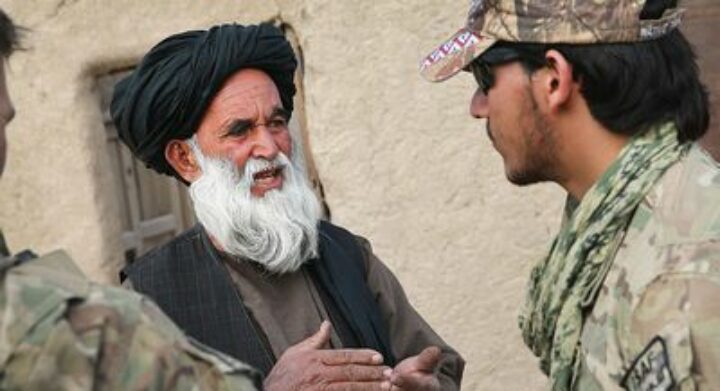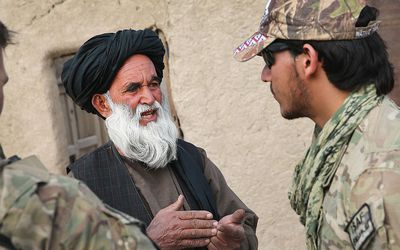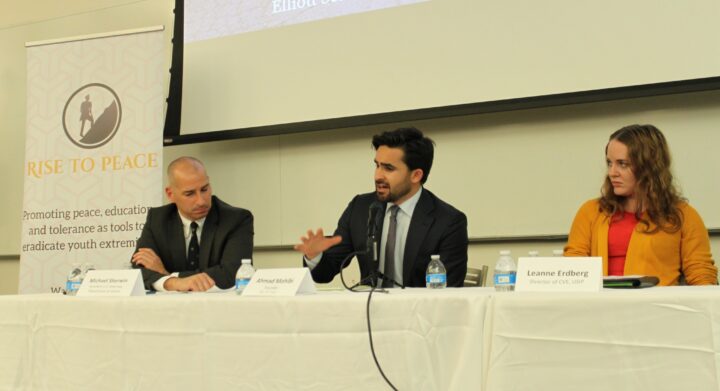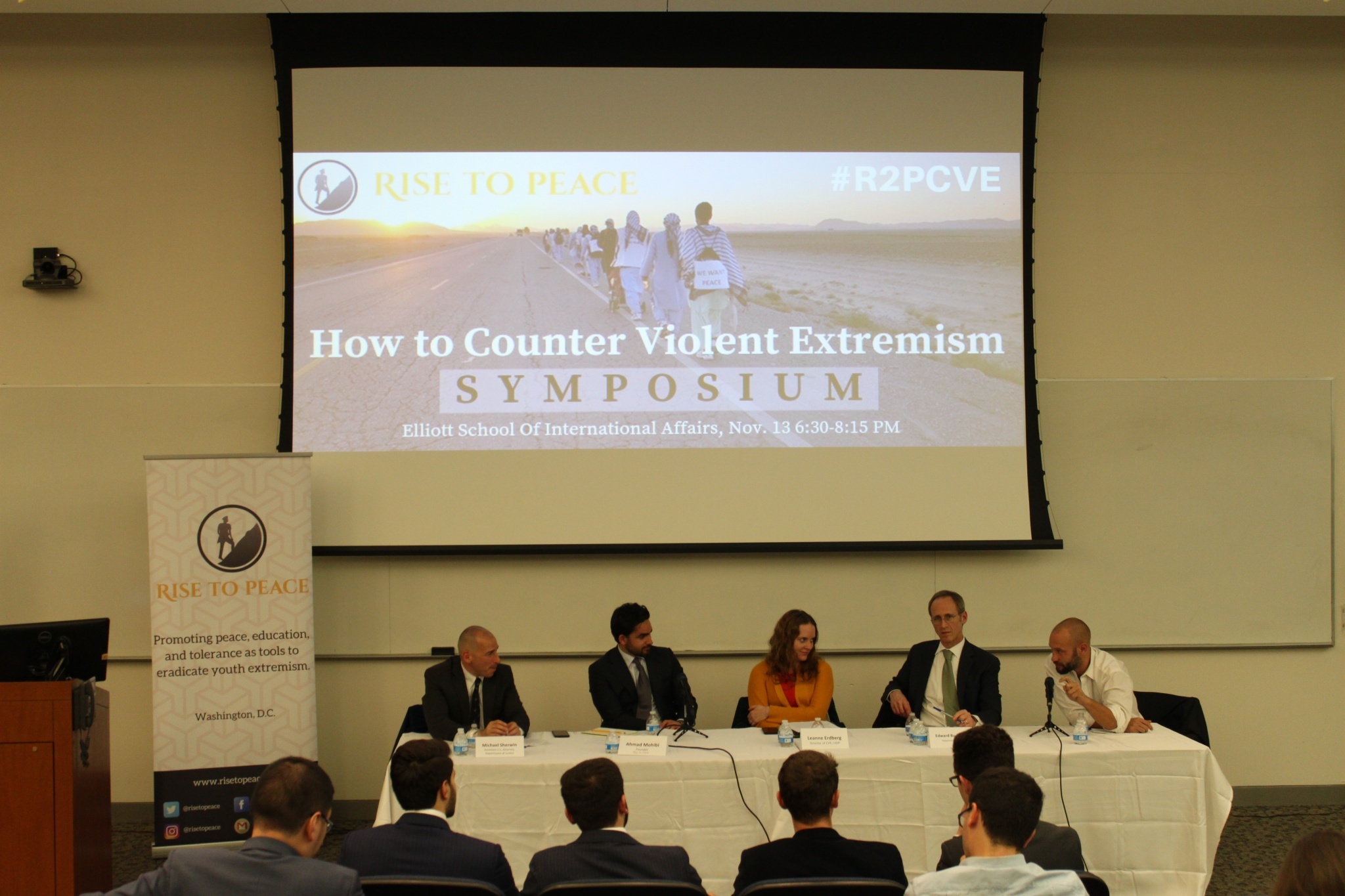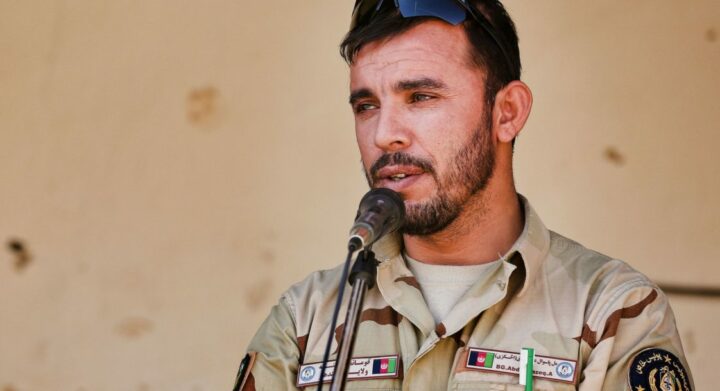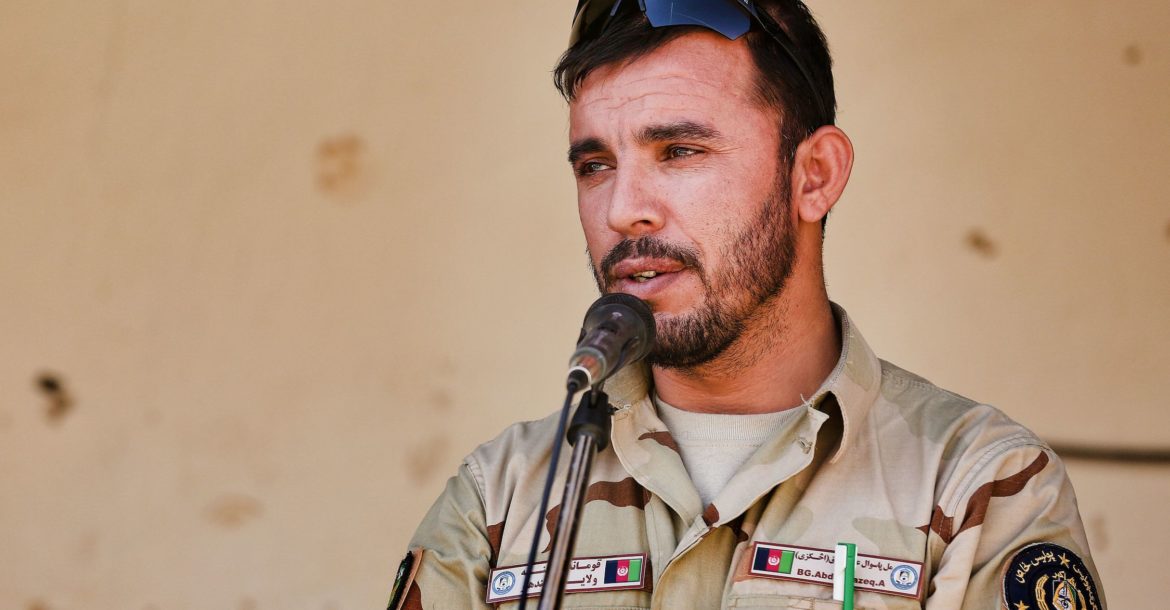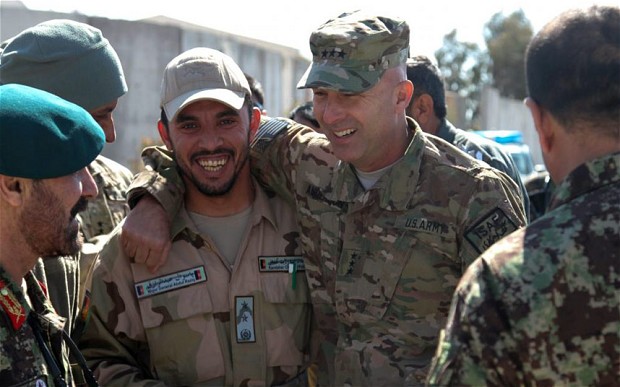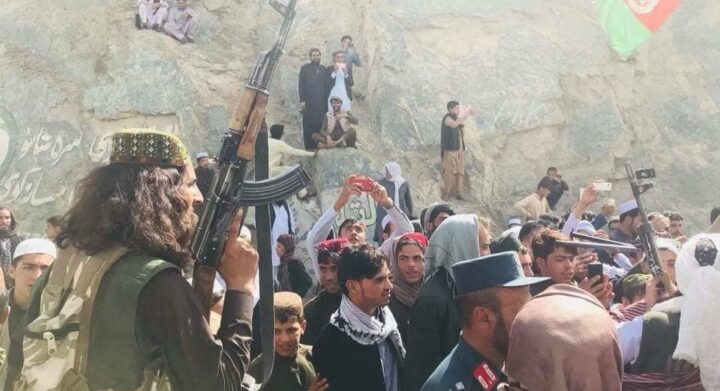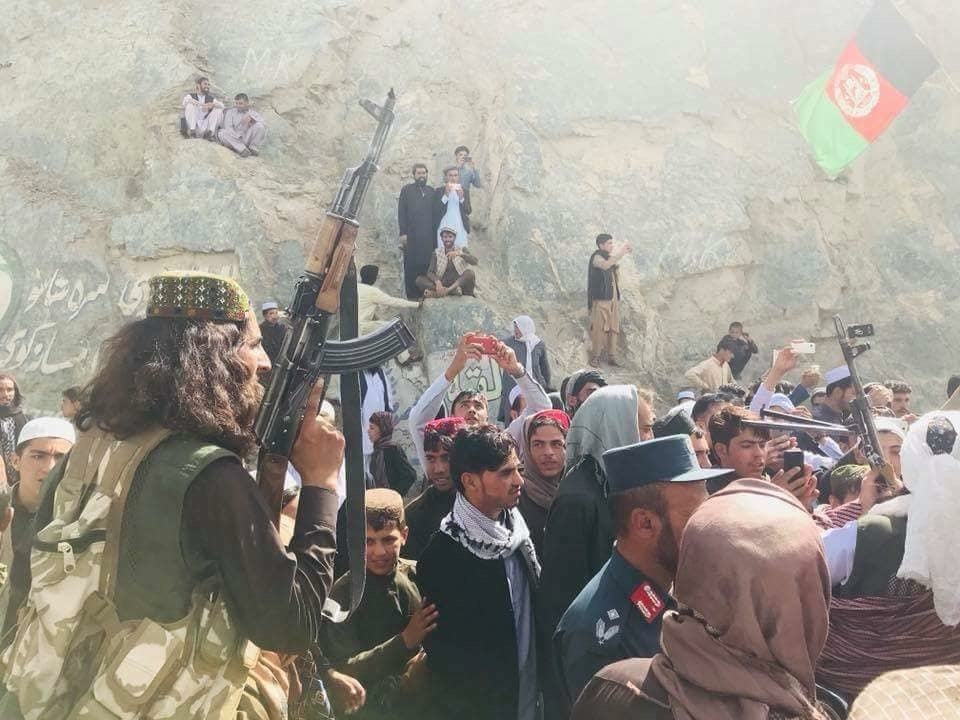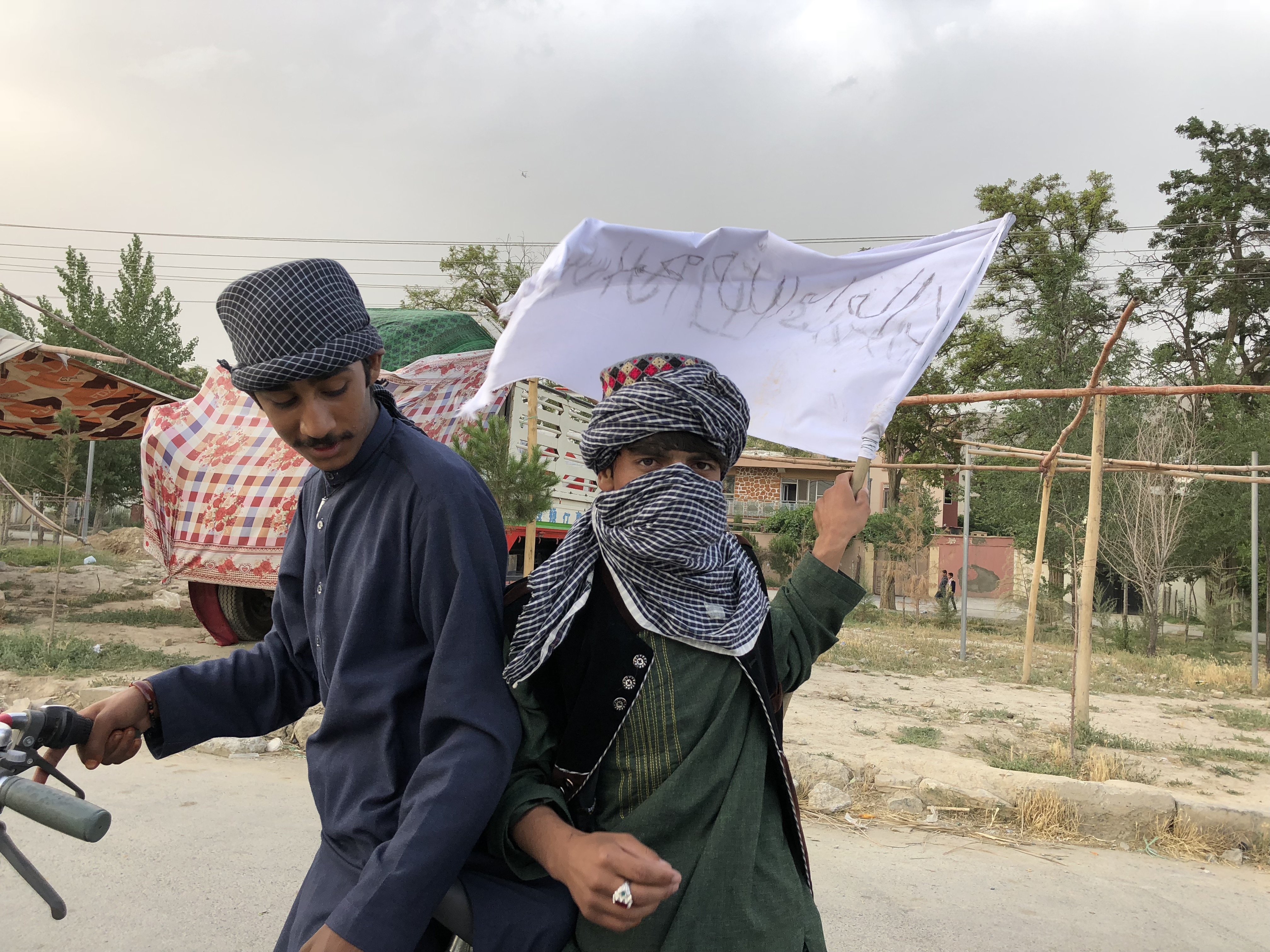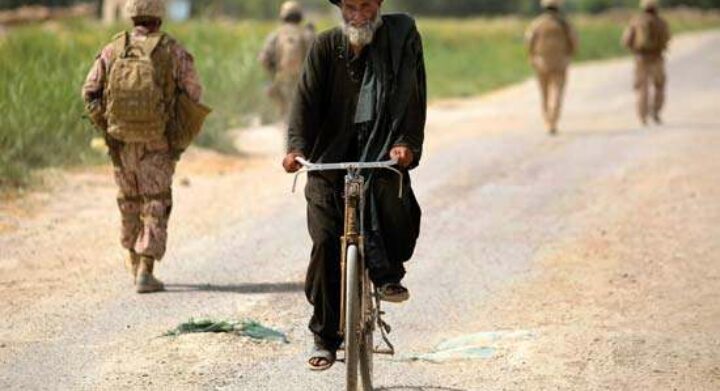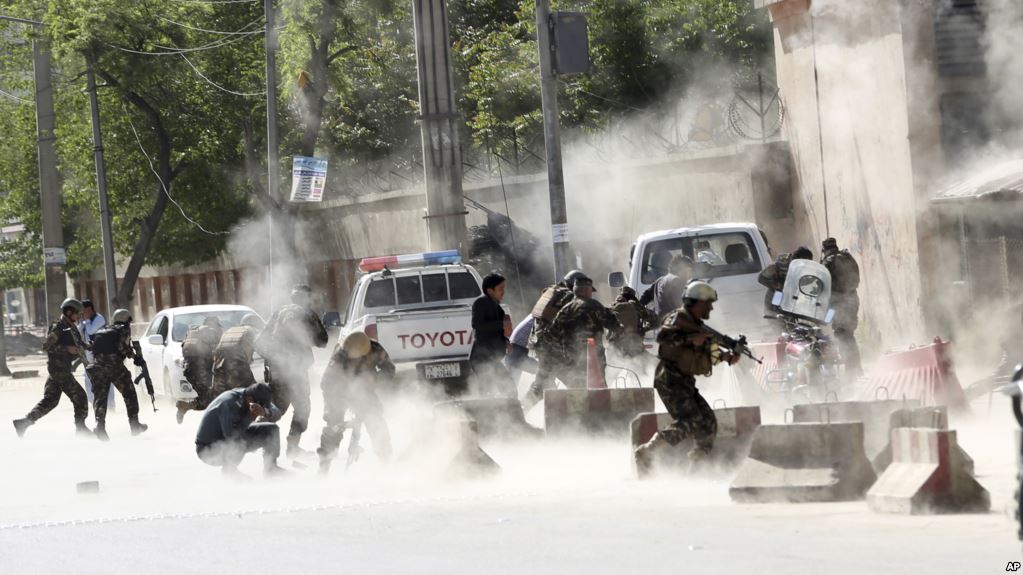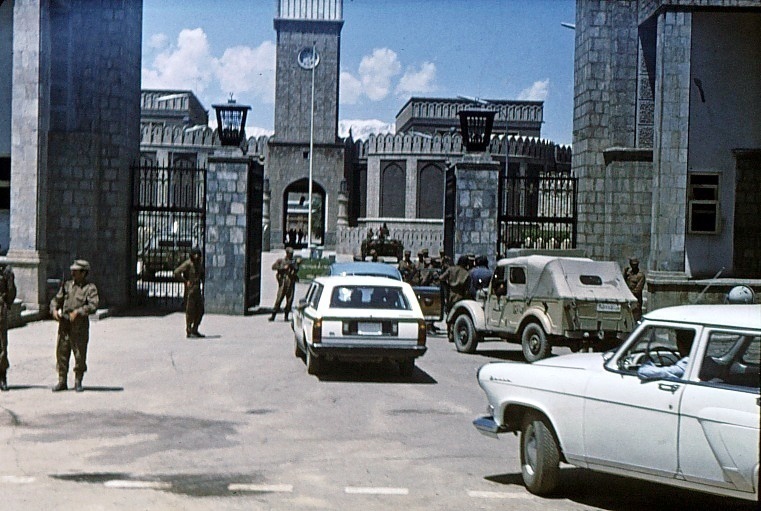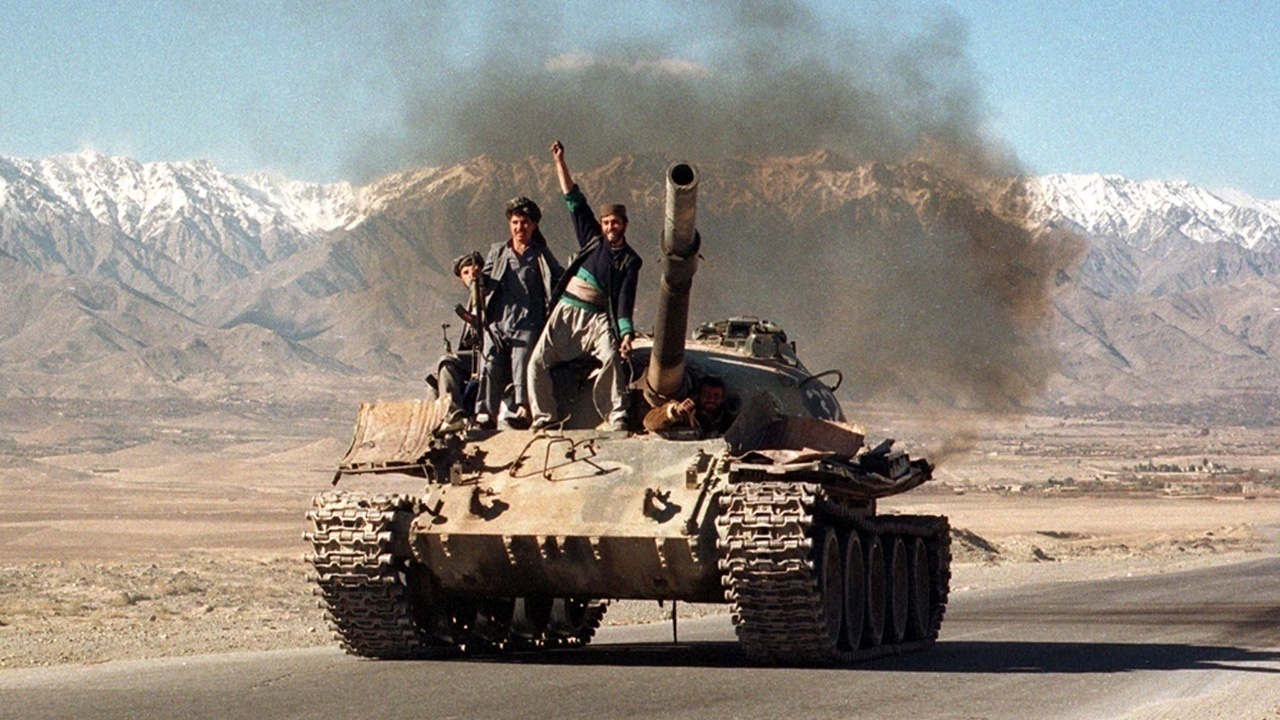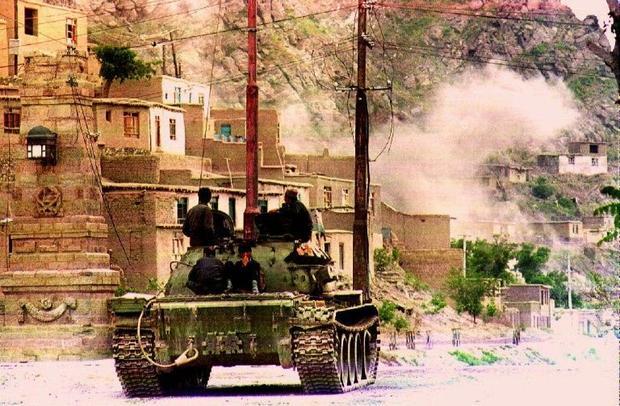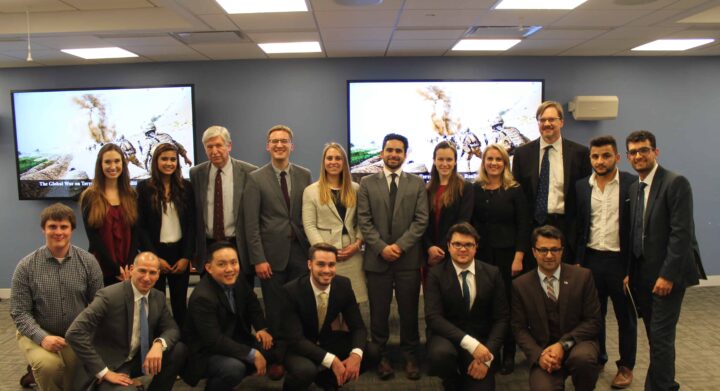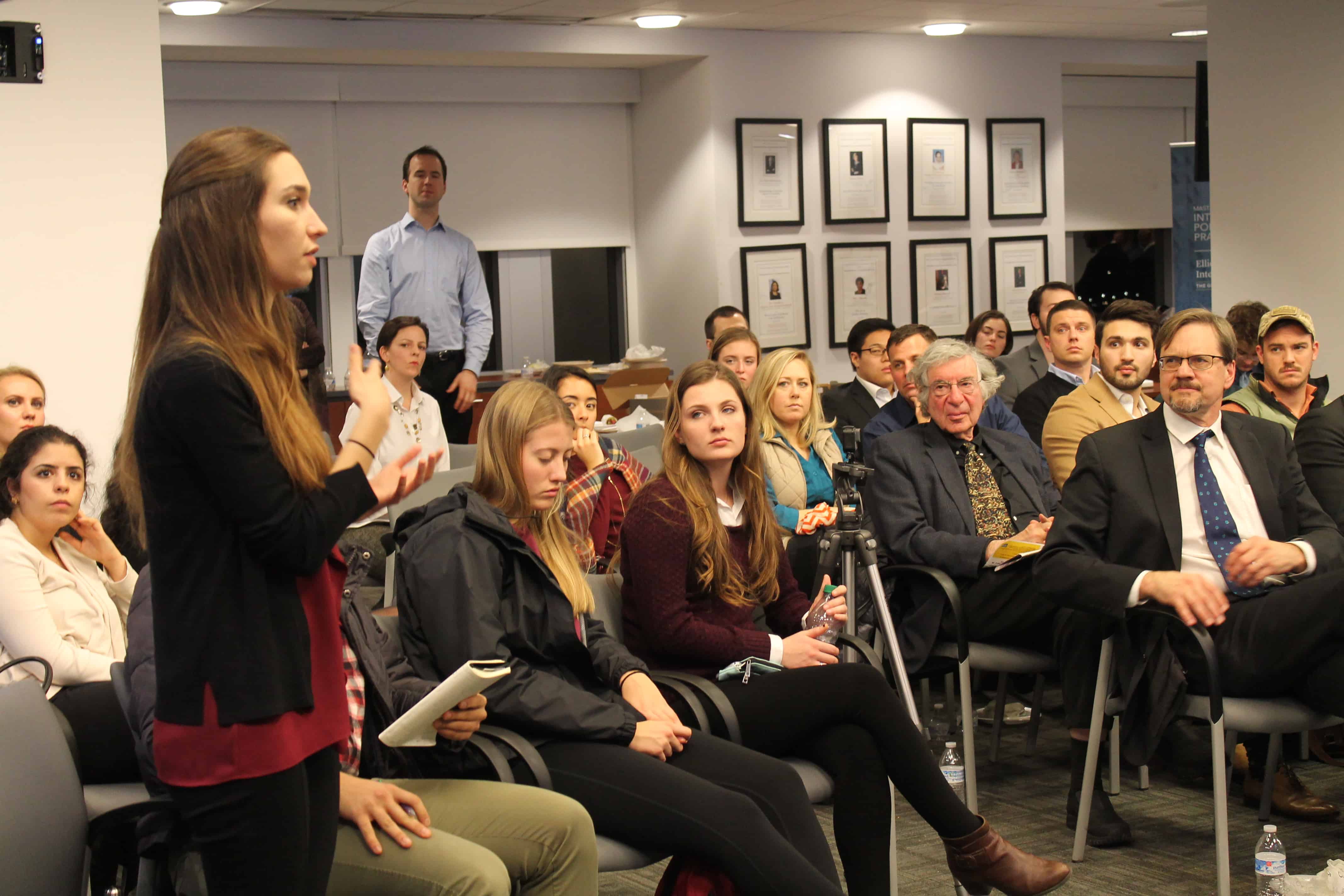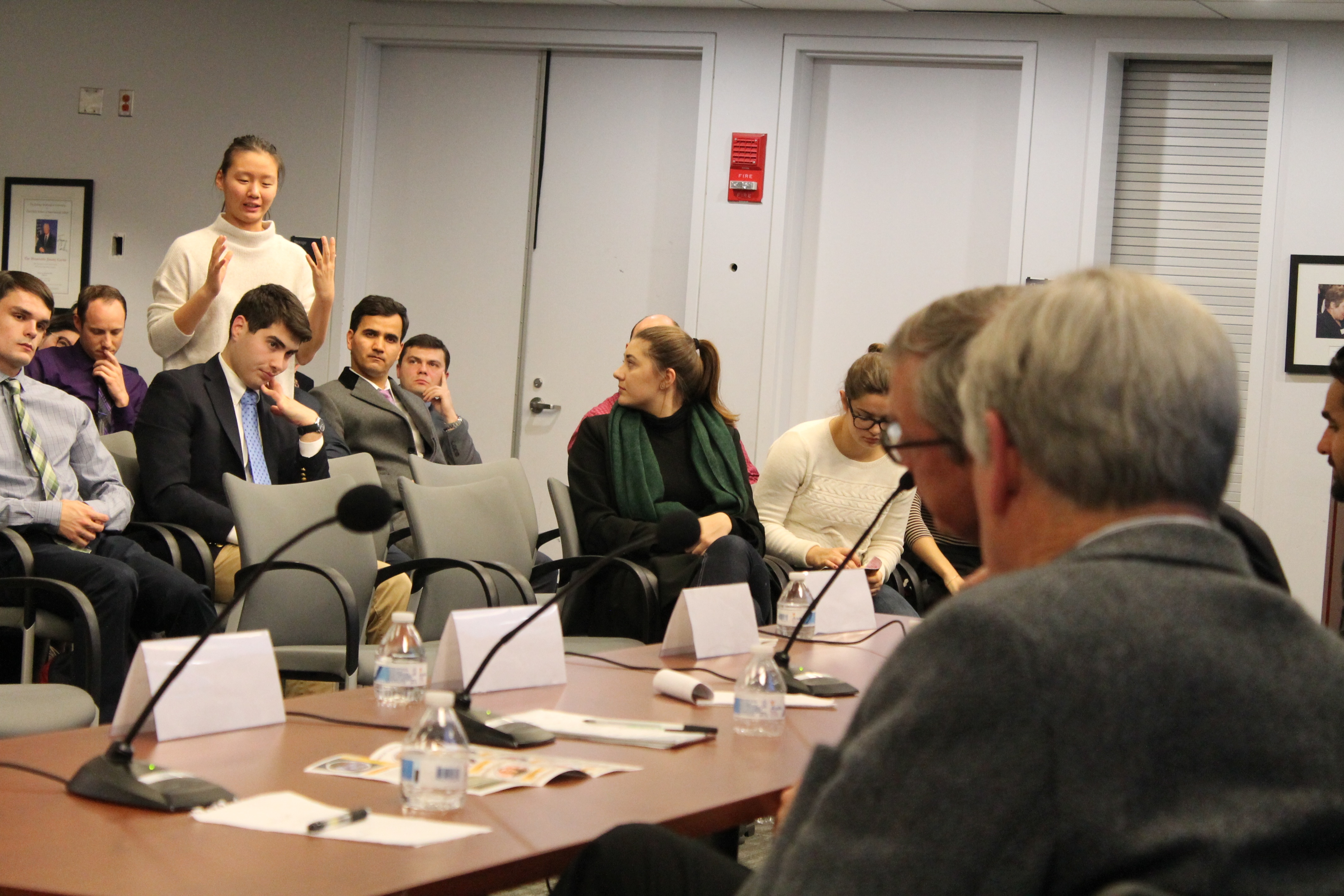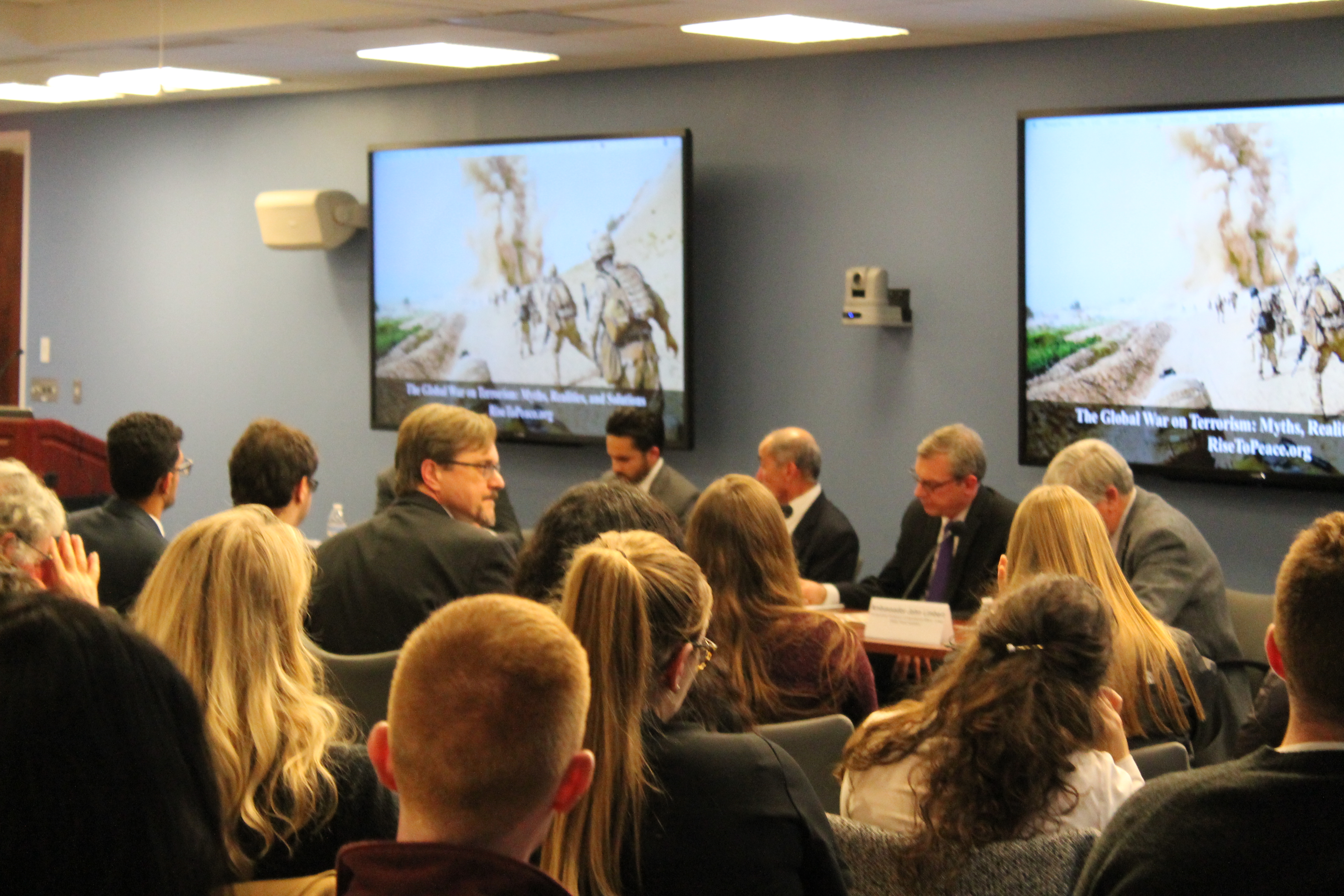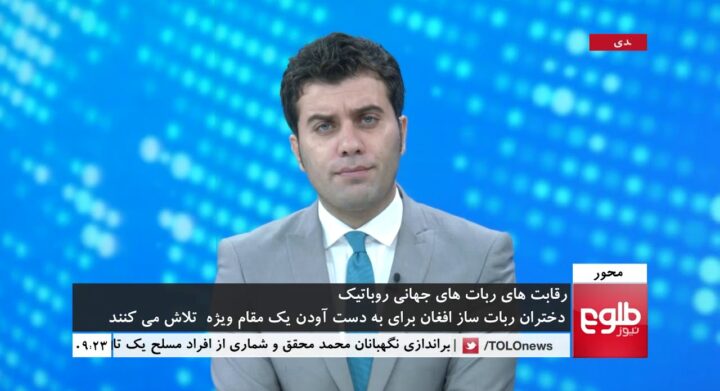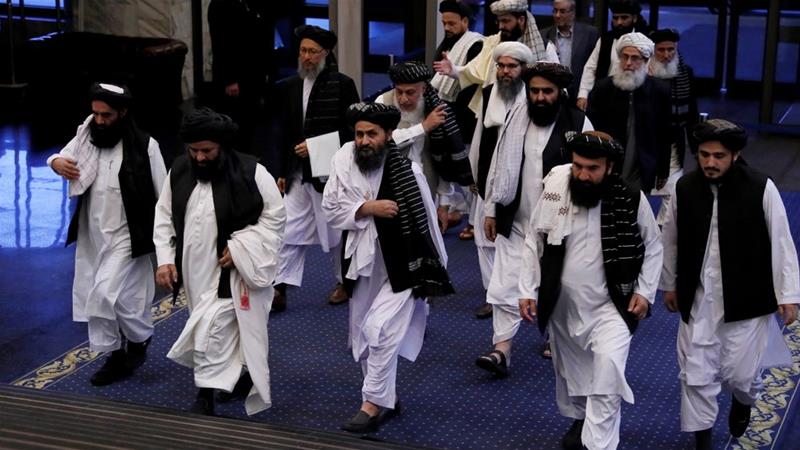
Officials, including Afghan former President Hamid Karzai (2nd R, front), Head of Political Office of Taliban Mohammad Abbas Stanikzai (R, front) and Taliban chief negotiator Mullah Abdul Ghani Baradar (3rd R, front), attend peace talks in Moscow, Russia May 30, 2019. REUTERS/Evgenia Novozhenina
On May 28th, the Taliban’s co-founder and head of its political office, Mullah Abdul Ghani Baradar, attended events commemorating 100 years of Afghanistan-Russia diplomatic relations in Moscow. Baradar’s appearance remains noteworthy as it was his primary outing as a public representative of the Taliban and his lone media appearance since his rise to prominence in the 1990s. Peace talks occurred on the sidelines.
Baradar’s Impact
Participation of a senior member of the Taliban, like Mullah Baradar, could feasibly result in positive developments for ongoing peace talks. He was the right-hand of leader Mullah Omar and led large army of the group in many operations for the Taliban until he was caught in 2010. He held key positions in the Taliban regime and consequently involved in major decisions at the highest levels.
For instance, in an interview with BBC Pashto, the former governor of Balkh province Ata Mohammad Noor remarked, “Mullah Baradar is a thoughtful person and can play a significant role in brokering and discussion with members of the Taliban because he is the second person in command and during the Taliban regime, he was an influential figure who had helped to make major decisions for the Taliban leadership.” Noor expressed hope for future discussions by adding, “we are looking to an Afghan lead process so we can work to reach a deal in the future.”
While hope surrounds Baradar’s presence in the peace process, his demands remain high. For example, an end to the “invasion of Afghanistan.” He regards the United States and the international community as invaders occupying Afghanistan against its will. Mullah Baradar expressed this view when he remarked, “the Islamic Emirate wants peace but the hurdles on the way to peace should be removed.”
Complicated Relations
Uncertainties over actual Taliban willingness to sincerely engage in a peace process permeate any dialogue. According to a participant who attended the meeting, “Taliban do not have freedom of mindset and they are being steered by an authority behind the scene. They can only speak pre-made statements and answers and do not answer more than that.” For instance, when asked a question concerning American activities in the Gulf countries, Mullah Baradar laughed and walked away.
At a later press conference, Sher Mohammad Abbas Stanikzai, the political chief of the Taliban, conveyed reluctance to engage in an organized framework. Stanikzai explained that “we control over 70% of Afghanistan…and I do not see any reason for opening a Taliban office in Afghanistan for negotiations.”
“How a ceasefire will be possible when the country is ‘occupied’?” asked Suhail Shaheen, a spokesman of the Taliban.
Both Mullah Baradar and Stanikzai have valid points. The Taliban wants the global community to understand the strength of the organization and to not underestimate their clout. They are a resilient force that cannot be treated as a small group of militants that will easily concede two decades of resistance and a mission to build an Islamic Emirate. It is unrealistic to perceive an exchange of influence in order to submit to a government installed by the United States and its allies.
Taliban Hesitation to Negotiating with the Afghan Government
The Taliban continually reject negotiations with the Afghan government because they continue to enjoy a strong reputation amongst the status quo of Afghan politics. They perceive authorities in Kabul as illegitimate and weak. Therefore, Taliban leadership have said numerous times that “we will negotiate with the United States.” To the Taliban, the United States is the actual powerbroker in an Afghan resolution and Washington can do so much to make this happen.
Past LessonsBetween the 1980s-90s, Mujahidin viewed the Afghan communist regime as illegitimate and lacked authority to make substantial decisions. As a result, they refused to negotiate with Kabul and engaged in direct discourse with the Soviet leadership in Moscow. Three years after the Soviet Union withdrew from Afghanistan, thus ending the decade long Soviet-Afghan War, the communist government collapsed. Subsequent divisions stemming from the 1989-92 Afghan Civil War provided the Taliban with opportunities to expand their influence.
Should the United States Leave Afghanistan?
The current Islamic Republic of Afghanistan — popularly referred to as a capitalist regime —will meet a similar fate if the United States disengages. This decision will have detrimental effects on nearly two decades of achievements combatting terrorism and the establishment of infrastructure. Recent research conducted in 14 Afghan provinces (450 participants) by the non-profit organization Rise to Peace revealed that 90% of respondents prefer that the United States remain in Afghanistan to prevent another civil war and a cruel regime.
Ahmad Mohibi is Founder and Director of Counter-terrorism at Rise to Peace, a non-profit organization, and a national security expert. He is a published author, journalist and news commentator on TOLONews, and an alumnus of George Washington University and George Mason University. Follow him on Twitter at @ahmadsmohibi

